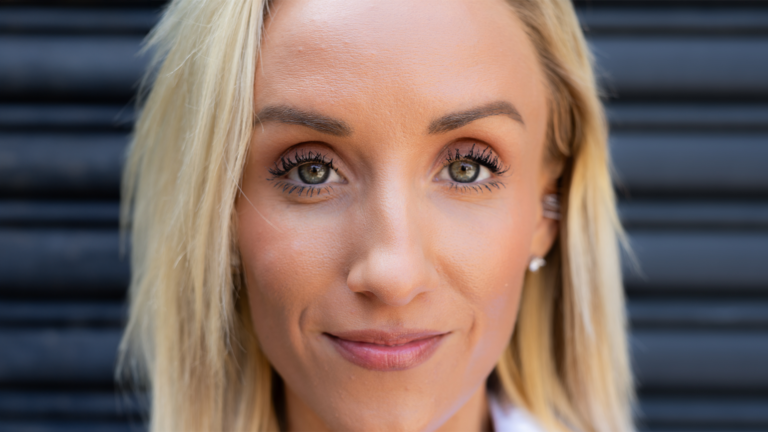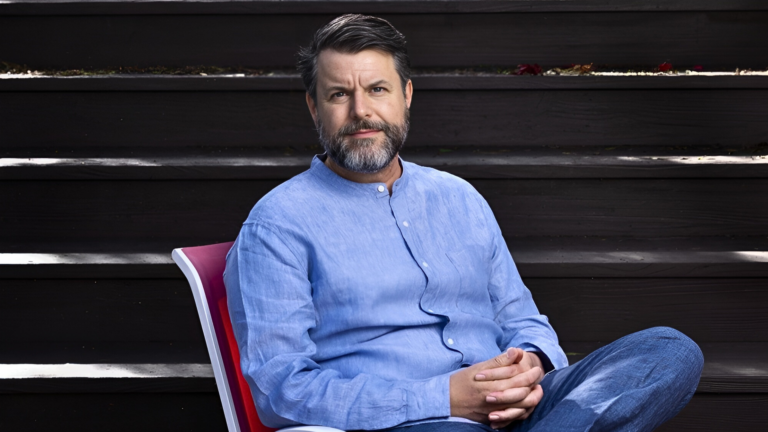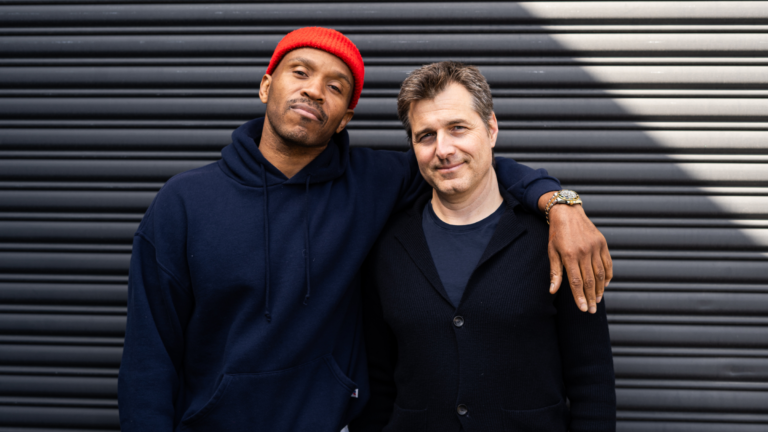This week’s conversation is with Dr. Marv Dunphy, widely recognized as one of the premier coaches in the history of the sport of volleyball.
He directed Pepperdine to four NCAA men’s volleyball titles and concluded his 34th and final season as the Waves’ head coach in 2017. He remains involved with the program as its head coach emeritus.
Marv also had a long, successful coaching tenure with the U.S. National Team.
The American squad maintained a No. 1 world ranking during his time as coach in the 1980s and the team won every major international tournament: the 1985 World Cup, the 1986 World Championships, the 1987 Pan American Games and, most importantly, the 1988 Olympic Games in Seoul, South Korea.
Since then, he has been an assistant coach for the men’s team at the 2000 Olympics and a consultant coach at the 1996, 2004 and 2008 Olympics.
In 2012, Marv served as a consultant coach in London for the silver-medal winning women’s squad and most recently, in 2016, he was a scouting coach for the women’s team, helping the team to a bronze-medal finish.
We had the pleasure of rooming together during those 2016 Olympic games in Rio and I’m hoping this conversation gives you the opportunity to get to know Marv the way I got to know him then.
In this conversation, we discuss what great leadership looks like and what separates the outliers from the rest of the pack.
“One of the things with mastery, it’s easier to find it or to see it, than it is to develop it. And they’re really rare. There’s like one in 10,000.”
In This Episode:
His approach to managing stress
I think preparation is the key and you’ve got to fall back on some of that. Of course, with the COVID thing, I think we can all handle change, but as long as it’s on our schedule. When it’s not on our schedule, like this thing, then we tend to struggle a little bit with that uncertainty. I think adversity’s going to happen, both in sport and life. And we, to a certain extent, have to kind of embrace it. I’ve been in some situations in sport where, I don’t know, the lights are half on and things aren’t going well. And then I’ve shared with the team, or been on a staff where somebody’s shared with them, “Hey, this is what we had planned for, was some adversity.” And we kind of embraced it and deal with it as best you can.
Live with urgency
I think the foolish athletes think they have all the time in the world to get something in place and to get good at something. The elite athletes have this really neat sense of urgency. It’s not just about today. It’s about right now. And, they’d never do anything to hurt their chances of winning. And, each moment counts. Don’t waste your days. I’m not saying that just because I’m an old guy. I’ve always felt that.
People want to know you care about them
You can fool a fool, you can con a con, but you can’t kid a kid. They know exactly how you feel about them. And, so the best way is to be real, be authentic and have tough conversations with them. Along the way, I’m had really tough conversations where I’ve had to say to a handful of young people, “Hey, I don’t believe in you as a player or as a person, and here’s why.”
How he got the best out of those he coached
Using punishment to motivate, that never worked for me. What I always felt was with young people, you have to show them and tell them. Then there’s, as they mature, there’s guided discovery. And then, at the level that we were at in the Rio Olympics, with those athletes, it’s mutual exploration and respect. It’s respect all along the way. But, I guess I’ve never felt that I can make much progress with using fear or punishment. Because, that kind of causes them to be cautious and doubt. That’s exactly the opposite of what you want in athletes. You want them to feel bulletproof. But, it has to be real.
What was he searching for?
I think for a long time, it was trying to be the very best that I could be, but also being the very best for the players under me. And the only true pressure that I felt along the way is am I doing what we need to do in order to be good? And, I don’t know if it’s sorted out. I’m going to diagnose here a little bit. More than anything, I want to be a good dad and a good neighbor. And then I want to help the people that I work with, come in contact with. And young people, or old people. So, for me, maybe it’s not sorting out. It’s just always searching for ways to connect with people. And, I think we always feel good about seeing the light go on for a young athlete or a young coach.
Why he doesn’t like giving advice
Wouldn’t want to tell somebody how to live their life or a coach how to coach. I don’t do that. I’ve been around here for a while and seen lots of coaches come and go. But, if there’s a two-way exchange, I’m all for it. But, I don’t want to tell somebody, “Hey, here’s how to do it. You know?”
His thoughts on mastery
One of the things with mastery, it’s easier to find it or to see it, than it is to develop it. One of the things that we’ve talked about a little bit is how much do people change? It’s not much. So, then we go back to how they view the world. And I’m not a development person, like growth and development. But, I think it’s easier to see these proactive athletes. And they’re really rare. There’s like one in 10,000. It’s easier to see them and find them than it is to develop them.
What does he wish for the younger generation of athletes
Teams are special. It’s something that you may never be part of again. And, you don’t have to win it all to have that feeling. But, in some way, shape or form, if they knew how precious those moments, collectively are, at a younger age, like I said, it might hasten that urgency to be as good in lots of ways and being a great teammate.
What separates the best athletes he’s seen from the rest?
Their presence alone. And their narrow focus. They know the probability of success for everything that they do early on. They don’t take unreasonable risk. They never do anything to hurt their chances of winning, ever.
The players that are hard to work with
If somebody has a temper or they get angry, we can fix that. If somebody chokes, we can fix that. Because, everybody chokes a little bit, and we just need to manage it. It’s the ones where there’s no drive or no passion to help me run. I have a hard time with … I guess we can make those types functional, but we can never make them champions.
It all comes down to…
You do the very best you can, and either you’re good enough or you’re not. And then you learn from it and you move on.
The fork in the road for him was…
Learning the science of motor learning. For a long time I coached, and at the point I was ever challenged, I would say, “Because the Russians do it this way, or Brazil does it.” And then, once I got exposed to Dr. Carl McGown who was a scientist in this young field of motor learning, I was able to say why. I wish I had that in year one, but I got that maybe in year five or six.


